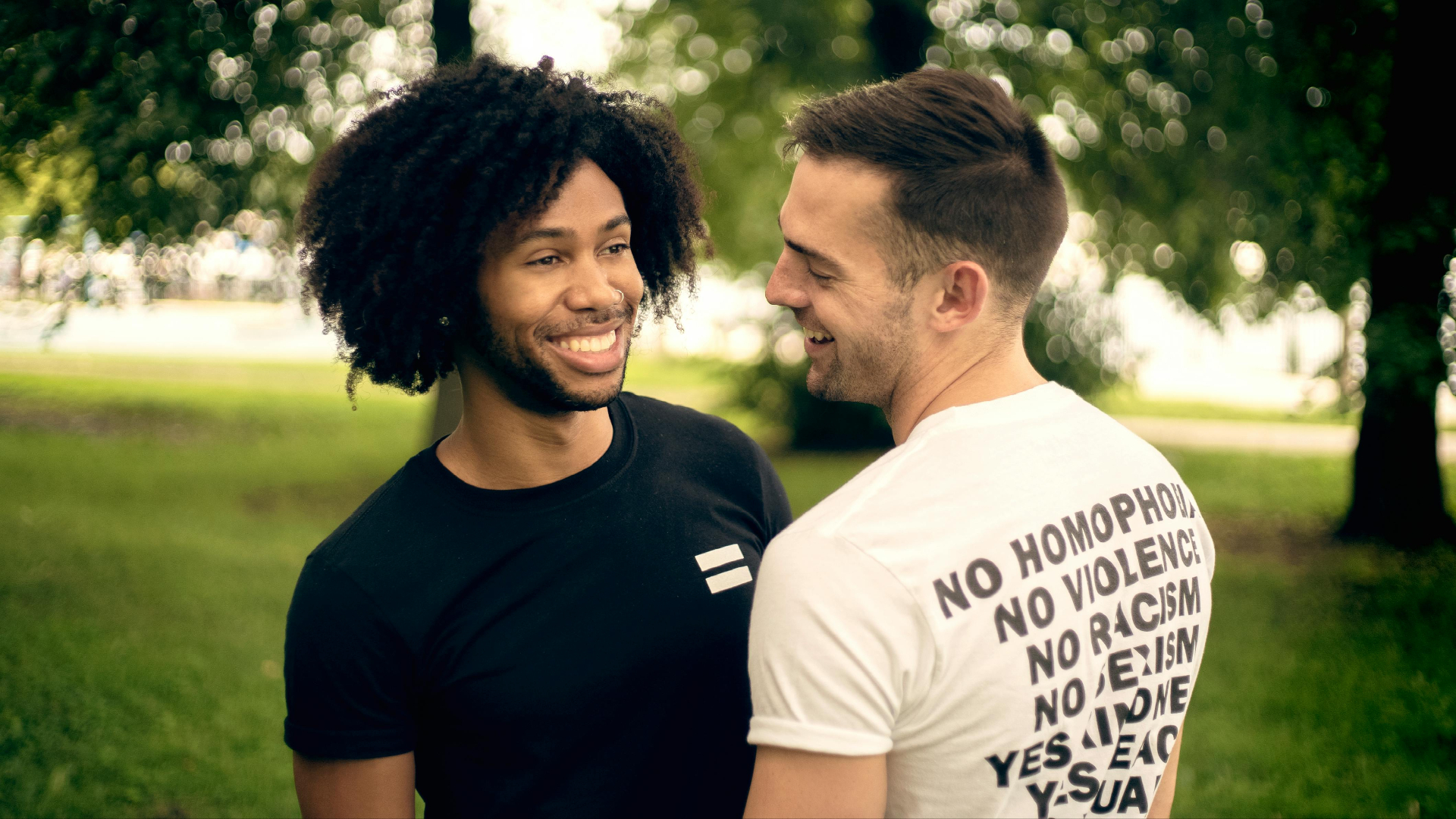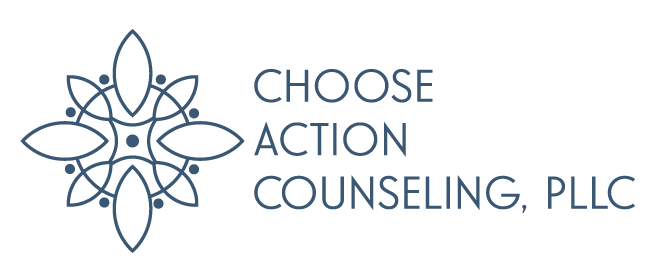The Real Reason You Keep Dating Unavailable Men—And How to Stop

Why Do I Keep Attracting Unavailable Men?
A question I hear often from gay men navigating the dating world: “Why do I keep attracting emotionally unavailable men?” Some are charming but distant. Others are married—either to a woman, to their career, or to their fear of commitment. And then there are the ones who disappear just when things start to feel real.
If this sounds familiar, you’re not alone. Many men find themselves drawn to partners who can’t—or won’t—fully engage. Instead of assuming it’s just bad luck, let’s explore what might be happening beneath the surface.
Understanding the Patterns
1. Attachment Style: The Blueprint for Your Love Life
Our early relationships shape the way we connect with others. If you grew up with inconsistent or emotionally distant caregivers, your brain might have learned that love is something to be earned, not freely given.
If you have an anxious attachment style, you may find yourself craving validation from emotionally unavailable men, drawn to the highs and lows of uncertain affection.
If you have an avoidant attachment style, you might feel more comfortable with distant partners because deep down, intimacy feels overwhelming.
Recognizing these patterns is the first step toward shifting them.
2. The Belief That Love Must Be Earned
Society, family, and past experiences shape our beliefs about love. Some common ones that can lead to unhealthy relationship patterns include:
“Love has to be difficult to be real.”
“If I just prove I’m good enough, he’ll stay.”
“I don’t deserve a fully committed relationship.”
These beliefs can make unavailable partners seem appealing because they reinforce the idea that love is something to be worked for, rather than received freely and equally.
3. The Appeal of the Chase
The unpredictability of an unavailable partner can create emotional highs and lows that feel intoxicating. When someone who is distant suddenly gives attention, it activates the brain’s reward system, making the pursuit feel exciting.
The challenge is in recognizing that true emotional connection doesn’t have to feel like a game of chance.
4. Fear of Vulnerability
Sometimes, chasing unavailable partners is a way of avoiding true intimacy. If a relationship never fully materializes, there’s no real risk of being hurt.
For gay men who have experienced rejection—whether from family, society, or past relationships—this can be a subconscious way of protecting themselves from deeper emotional exposure.
5. Dating Culture and Expectations
In a dating world where casual relationships and non-commitment can be common, it’s easy to assume emotional unavailability is just part of the norm. If every relationship you’ve seen has involved some form of emotional distance, it might start to feel like the only option.
How to Break the Cycle and Attract Healthy Love
Recognize Your Patterns – Take note of recurring dynamics in your dating history. If you consistently find yourself drawn to emotionally unavailable men, ask yourself why.
Heal Attachment Wounds – Therapy and self-reflection can help shift attachment styles toward greater security.
Reframe What Feels Exciting – Instead of associating drama with passion, start valuing consistency, emotional safety, and shared values.
Strengthen Self-Worth – Remind yourself that you are worthy of love without having to prove your worth or chase someone’s affection.
Set Boundaries Early – Learn to recognize emotional unavailability sooner and step away from relationships that don’t meet your needs.
Expand Your Dating Pool – Seek environments where emotionally healthy men are more likely to be, such as queer-affirming therapy groups, community events, or dating apps that encourage meaningful connections.
Final Thoughts
If you’ve been stuck in a cycle of pursuing unavailable men, the good news is that recognizing the pattern is the first step to breaking it. Understanding your attachment style, shifting limiting beliefs, and focusing on emotional availability can help lead to relationships that offer real intimacy and connection.
And if you’re ready to explore these patterns more deeply, working with a counselor can help. Because love isn’t something you have to chase—it’s something you deserve to receive, fully and freely.


